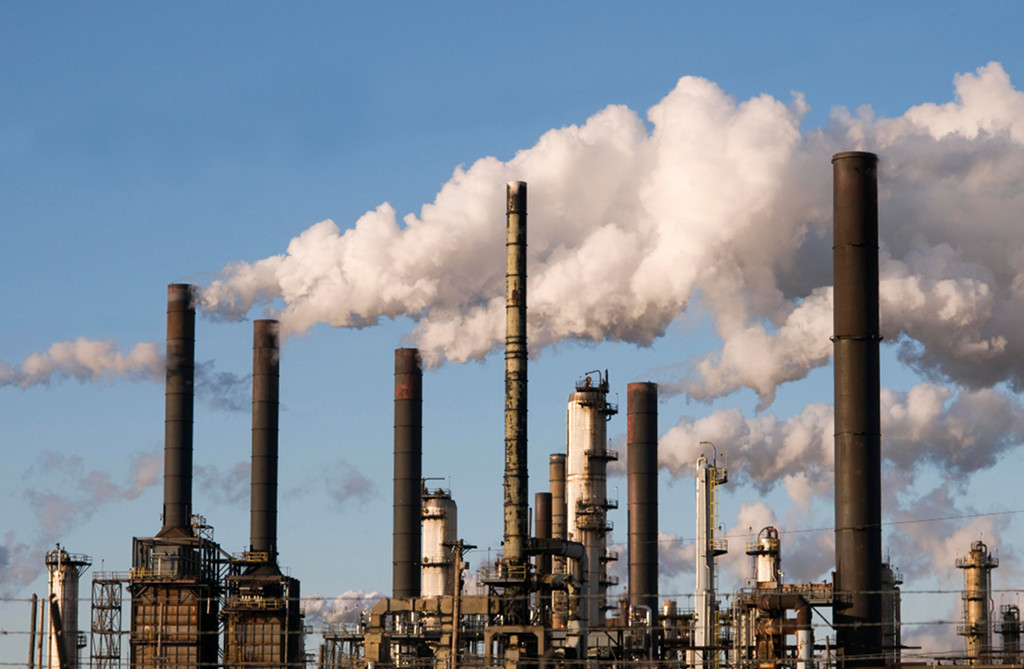
Reducing Methane Emissions play an important role in our world today. Methane is a potent greenhouse gas that is responsible for around 20% of global warming. It is released into the atmosphere through various human activities such as agriculture, fossil fuel production, and waste management. Methane emissions have been increasing steadily over the past few decades, and reducing them has become a critical priority for mitigating climate change. However, the benefits of methane emission reduction go beyond just the environment. In this blog, we will explore how reducing methane emissions can benefit not only the environment but also human health, the economy, and social equity.
Firstly, let’s discuss the environmental benefits of reducing methane emissions. Methane is a potent greenhouse gas that has a global warming potential 28 times greater than carbon dioxide over a 100-year time frame. This means that reducing methane emissions can have a significant impact on mitigating climate change. Methane is also a short-lived climate pollutant, meaning that it has a shorter lifespan in the atmosphere than carbon dioxide. Therefore, reducing methane emissions can have a more immediate impact on reducing global warming.

Reducing methane emissions can also have significant benefits for human health. Methane emissions are often accompanied by other air pollutants such as volatile organic compounds (VOCs) and nitrogen oxides (NOx), which can have harmful effects on human health. VOCs and NOx can cause respiratory problems, cardiovascular disease, and cancer. By reducing methane emissions, we can also reduce the emissions of these harmful air pollutants, leading to improved air quality and better health outcomes for people.
In addition to the environmental and health benefits, reducing methane emissions can also have economic benefits. Methane emissions are often associated with the loss of valuable resources such as natural gas. Methane is the primary component of natural gas, and reducing methane emissions can help to capture and utilize this valuable resource. Capturing and utilizing methane can also create jobs in the energy sector and contribute to economic growth.
Reducing methane emissions can also lead to social equity benefits. Methane emissions are often concentrated in low-income and marginalized communities, such as those living near landfills or oil and gas facilities. These communities are disproportionately affected by the health impacts of methane emissions and other air pollutants. By reducing methane emissions, we can improve the health and well-being of these communities and promote social equity.
There are several ways to reduce methane emissions, including improving agricultural practices, reducing waste, and capturing and utilizing methane from oil and gas operations. Let’s explore each of these in more detail.
Improving agricultural practices can significantly reduce methane emissions. Methane is produced during the digestion process of livestock, and manure management also contributes to methane emissions. By improving livestock diets, reducing herd sizes, and implementing better manure management practices, we can reduce methane emissions from agriculture. In addition, practices such as conservation tillage and cover cropping can help to sequester carbon in the soil, further mitigating climate change.
Reducing waste is another effective way to reduce methane emissions. Landfills are a significant source of methane emissions, as organic waste decomposes and produces methane. By reducing the amount of waste sent to landfills through recycling and composting, we can reduce methane emissions. In addition, capturing and utilizing methane from landfills can provide a valuable source of energy.
Capturing and utilizing methane from oil and gas operations is another effective way to reduce methane emissions. Methane is often released during the production, processing, and transportation of oil and gas. By capturing and utilizing this methane, we can reduce emissions and create a valuable source of energy. In addition, reducing methane emissions from oil and gas operations can help to improve the industry’s environmental performance and reduce its impact on local communities.
Reducing methane emissions can have significant benefits for the environment, human health, the economy, and social equity. Methane is a potent greenhouse gas that contributes to global warming, and reducing its emissions can help to mitigate climate change. Methane emissions are also often accompanied by other harmful air pollutants, and reducing them can improve air quality and human health. Capturing and utilizing methane can also create jobs and contribute to economic growth. Finally, reducing methane emissions can help to promote social equity by improving the health and well-being of marginalized communities. By implementing effective methane reduction strategies, we can create a more sustainable and equitable future for all.
Find the article infromative? You can read more on our blog.